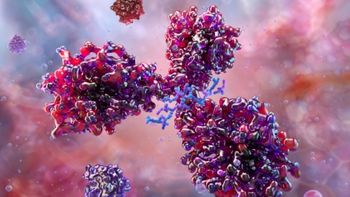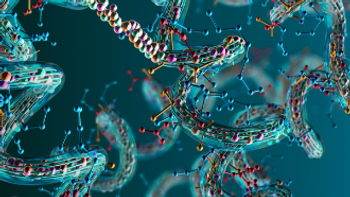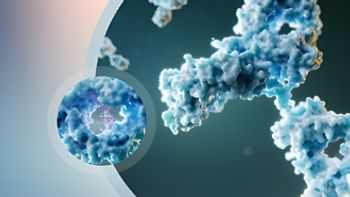
Charge Variants of an Avastin Biosimilar Demonstrate No Substantial Potency Differences
A new study concluded although some mAb products have heterogeneous variants, these charge variants are associated with similar potency and pharmacodynamic profiles as originator molecules.
Post-translational modifications to monoclonal antibodies (mAbs) that can occur at numerous stages of processing-cell culture, purification, or storage-have the potential to alter the charge distribution of a mAb, producing a charge variant. Although there have been reports that a slight change in charge could adversely affect the way a drug moves and works within the body (its pharmacokinetics), a study by Zhao et al. examined the potency of biosimilar preparations of a 15% acidic variant, a 75% main peak, and a 10% basic variant of an Avastin biosimilar. The investigators concluded that modifying the isoelectric point (pI) of an Avastin biosimilar did not significantly affect its in-vitro potency and in-vivo pharmacokinetics when compared with Avastin and an unabridged Avastin biosimilar.
The researchers used size-exclusion chromatography, imaged capillary isoelectric focusing, capillary zone electrophoresis, and cation-exchange chromatography to characterize isolated charge variants for purity and potency. In-vitro kinetics were measured using a Biacore X100 system, and the activity of each product (charge variants, Avastin, and unabridged Avastin) was determined using human umbilical vein endothelial cells (HUVECs). The in-vivo pharmacokinetics of the charge variants was measured in rats.
“Charge heterogeneity is simply the tip of the iceberg among the factors that determine product comparability, biological activity, and immunogenicity,” noted the study authors. “Therefore, to ensure product quality, safety, and efficacy at all stages of the product lifecycle, it is necessary to apply a series of powerful methods to analyze mAbs.”
Previous studies in Trends in Biotechnology in 2010 by Putnam et al. ("Pharmacokinetic, Pharmacodynamic, and Immunogenicity Comparability Assessment Strategies for Monoclonal Antibodies") and by Khawli et al. in the journal mAbs ("Charge Variants in IgG1") have had similar conclusions, albeit those studies did not specifically cover cancer drug Avastin.
Source:
Newsletter
Stay at the forefront of biopharmaceutical innovation—subscribe to BioPharm International for expert insights on drug development, manufacturing, compliance, and more.




